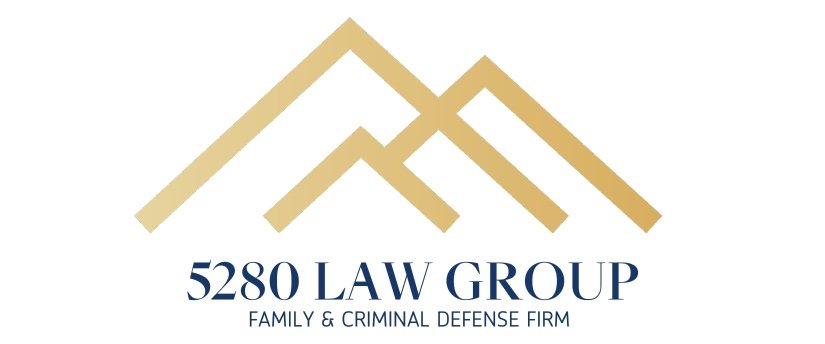
High Net Worth Divorce
Complex Financial and High-Net Worth Divorces
In a Colorado divorce, the parties must fairly account for and divide the marital estate. When large or complicated assets are involved, special attention must be taken to ensure assets are property classified and valued. Misclassifying or overvaluing assets makes a significant difference in the outcome. Asset protection refers to a process of ensuring that assets are not overvalued and the marital estate is accurately defined in a divorce proceeding. The process includes classifying the property, choosing the correct valuation method, and determining proper ownership interest.
Classification of Property
The asset should be analyzed to determine if it is marital, non-marital subject to division, non-marital and not subject to division, or not subject to division but considered an economic circumstance. Family trusts is one area that is complex and requires an analysis of the trust and its implications within the separation of assets.
Valuation of the Property
The method employed to value an asset can make a huge difference. Valuations can include a present value calculation of retirement or investment accounts, appraisals for both commercial or residential real estate and other assets such as artwork, or valuation of a business. The methods employed for a business valuation can included a cost-valuation, asset-valuation, or market approach. The results for the value can have a significant variance depending on the method employed. Understanding the various methods is key prior to agreeing to a valuation and/or presenting your valuation to the court.
Ownership Interests
An asset may have a future ownership interest that is not subject to division in a divorce. It is important that the asset and future ownership interest be properly disclosed because otherwise you may be accused of withholding, hiding, or omitted assets that materially impacted the settlement.
Disclosure Requirements
Colorado has a five year look back period in a divorce. Meaning that if financial disclosures are withheld from the other party, the court maintains jurisdiction to reallocate the settlement. This may also include paying a portion of the other party’s attorneys’ fees and costs to relitigate any potential withholding assets. Especially in a high-asset divorce you only want to litigate the case one time, thus you must ensure that you have provide all necessary and required documents.
What are Complex Assets?
If you or your spouses’ assets involve a mix of marital and non-marital property, inheritance, assets purchased with an inheritance, family trusts, family-owned business, closely held business, substantial real and commercial property, and/or investment accounts, your divorce includes complicated assets.
POINTS OF SERVICE:
Ensure assets are valued appropriately and not over-inflated
Work with a team of professionals for specific asset valuations based on the classification of the assets
Analyze the character of property to ensure marital property is properly classified
Analyze and provide evidence of non-marital assets
Analyze and provide evidence of non-divisible assets
High-value or complex asset divorces require a seasoned attorney to navigate and guide you through the process. Our experienced attorneys have successfully litigated cases involving multi-million dollar portfolios, trusts, small or closely held businesses, non-disclosure of financial information, concealed assets, and intricate pension and retirement divisions.
Should you like to discuss if your divorce falls into this specialized category of cases, please contact us.
